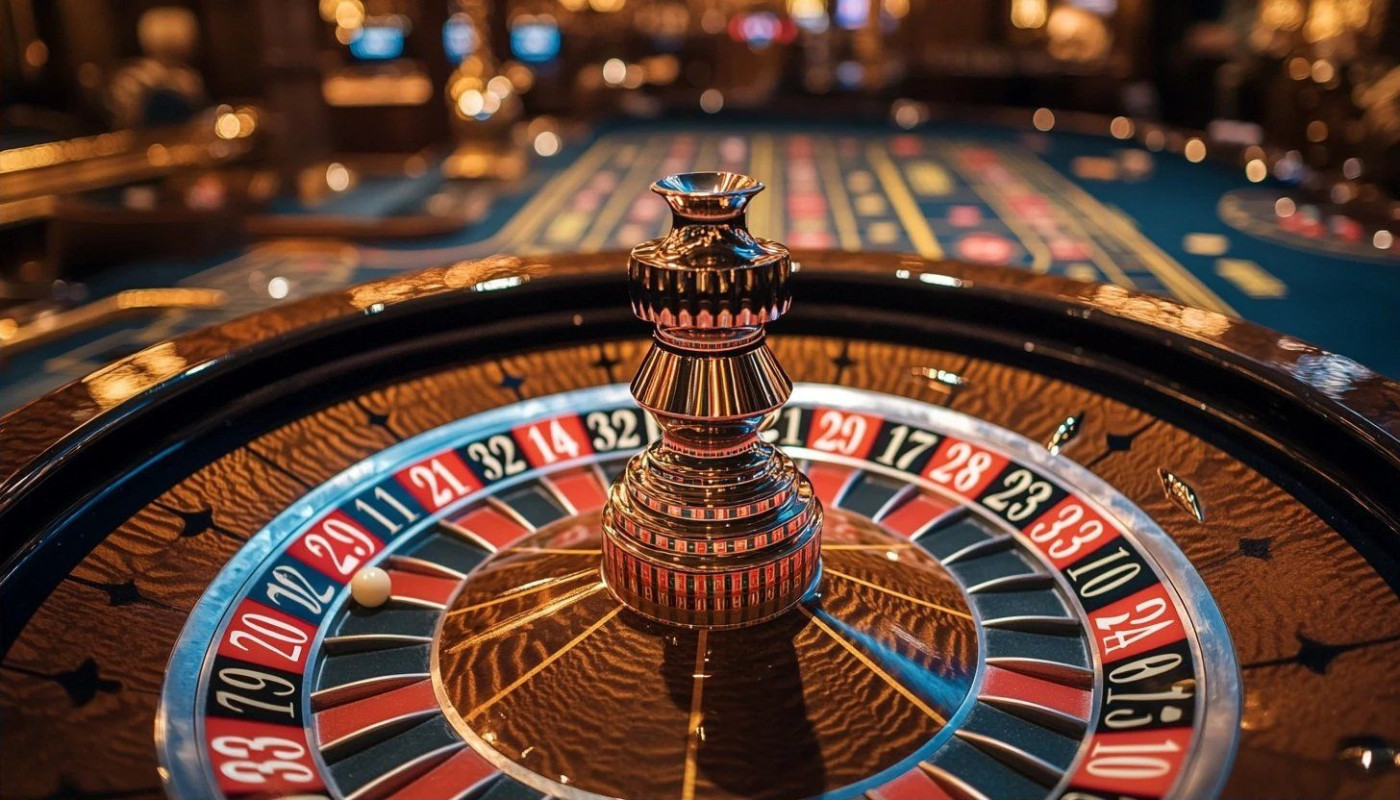Table of contents
Step into the captivating world of the roulette wheel, where chance and strategy intertwine in an elegant dance of numbers and colors. From the casual observer to the seasoned gambler, the allure of this timeless game calls to many, beckoning them to unravel its secrets. This post invites enthusiasts to explore the nuances that dictate the spinning outcome, promising a deeper understanding that might just tilt the odds in your favor. Dive into the intricate mechanisms that govern this casino staple and emerge with insight that could illuminate your path to success.
Understanding Roulette Wheel Layout
The roulette wheel layout is a masterful design of numbers and colors that provides the foundation for one of the most iconic casino games. Typically, the wheel contains pockets numbered from 1 to 36, alternating between red and black, along with one or two green pockets for zeros. The American vs European roulette debate primarily centers around these zero pockets - the American version includes both a single zero (0) and a double zero (00), while its European counterpart features only a single zero. This distinction is far from superficial, as it significantly influences the casino odds, tipping them slightly more in the house's favor in the American game due to the extra pocket.
When discussing number sequence, it's notable that the numbers on the wheel are not arranged in numerical order, and the pattern varies between the American and European styles. The European wheel is designed with a balance in mind; low (1-18) and high (19-36) numbers alternate as much as possible. Understanding these sequences is sometimes a part of advanced roulette strategy, as players may choose to bet on certain sections of the wheel. However, one should always remember that each spin is independent, and the odds remain the same on every turn, regardless of patterns or past results.
Occasionally, a biased wheel can occur due to flaws or imperfections in the manufacturing or prolonged use, where certain numbers may appear more often. Professional roulette dealers and experienced players might notice these inconsistencies, which could potentially affect betting strategies. While modern casinos are vigilant in ensuring their wheels are balanced and fair, understanding the potential impact of a biased wheel is part of the deep knowledge expected from casino game experts and professionals within the field.
The Role of Physics in Roulette
Delving into the intricacies of roulette physics unveils the influence of several physical factors on the game's outcomes. A pivotal aspect is the ball trajectory, which determines the path the ball will follow once it is set in motion. The speed of the wheel, along with the forces of friction acting upon the ball and the roulette wheel itself, can drastically alter this trajectory. Professionals with a deep understanding of mechanics, such as theoretical physicists, assert that the minutiae of wheel dynamics, including the Roulette deceleration, are significant in predicting roulette outcomes. This deceleration, caused by the friction between the ball, wheel, and roulette surface, can be analyzed to inform gaming strategies. Grasping these concepts allows a deeper insight into the game, revealing that the seemingly random roll of the ball is influenced by tangible, predictable physical laws.
Roulette Betting Systems Explained
Roulette, the game of chance that has captivated gamblers for centuries, is often approached with various roulette betting systems in an attempt to outsmart the wheel. Among the plethora of strategies employed, the Martingale strategy stands out as a popular method. This betting progression involves doubling the bet after every loss, with the belief that a win will recover all previous losses and yield a profit equal to the original bet. While this system is straightforward, its effectiveness is diminished by table limits and the player's finite bankroll.
Another system that garners attention is the Fibonacci roulette system, based on the famous sequence of numbers. Players increase their bets according to the Fibonacci sequence after a loss, and decrease bets after a win, following a specific pattern. The idea is to take advantage of the mathematical properties of the sequence to optimize bets. However, similar to the Martingale, it is susceptible to the same risks and limitations.
Both these systems and others like them are forms of betting progression, which attempt to manipulate the odds of a game that inherently has a fixed probability in roulette. Each spin of the wheel is an independent event, with the odds remaining constant for each bet. In essence, no betting system can change the house edge, which is the casino's statistical advantage over the player in the long run. For this reason, while betting systems can add structure to the gambling experience, they cannot guarantee success against the roulette wheel's randomness.
Myths and Misconceptions in Roulette
Roulette myths have permeated gambling culture, leading many players to adopt strategies based on unfounded beliefs. A prevalent roulette misconception is the gambler's fallacy, the erroneous belief that past spins influence future events. Contrary to this belief, every spin of the roulette wheel is an example of independent trials; the outcome is completely random and unaffected by previous results. Similarly, betting patterns are often touted as a way to outsmart the game, yet they hold no sway in altering the odds. As a game of chance, roulette operates on randomness, with no pattern or system capable of guaranteeing success. A seasoned casino veteran or gambling historian would affirm that the allure of finding a secret to winning at roulette is as old as the game itself, but the reality remains that chance is the ultimate decider in this enduring casino classic.
Technology and the Evolution of Roulette
The advent of roulette technology has transformed the iconic game, introducing a new era of precision and fairness. The integration of random number generators (RNGs) into the heart of the game ensures that each spin of the wheel is governed by algorithmic randomness, effectively eliminating any bias and maintaining the integrity of play. RNGs are the cornerstone of fair gaming in both physical and online casinos, instilling trust in players by guaranteeing that outcomes are not manipulated. As roulette has transitioned to the digital domain, online roulette platforms have vastly increased the game's accessibility, allowing enthusiasts to play from anywhere at any time. This surge in availability has, in turn, boosted roulette's popularity among a broader audience. In addition, casino innovations continue to evolve, with sophisticated software developed by casino software experts and IT professionals specializing in gaming applications further enhancing the user experience. These technological strides have not only assured the equitable nature of the game but have also positioned roulette as a staple in the ever-growing landscape of online gaming.
On the same subject

Roulette's Rich History: From Royal Courts to Sin City

Breaking the Code: Unraveling the Complex Science Behind Betting Odds

Roulette's Rich History: From Royal Courts to Sin City

Blockchain and Gambling: A Modern Twist on an Ancient Pastime

